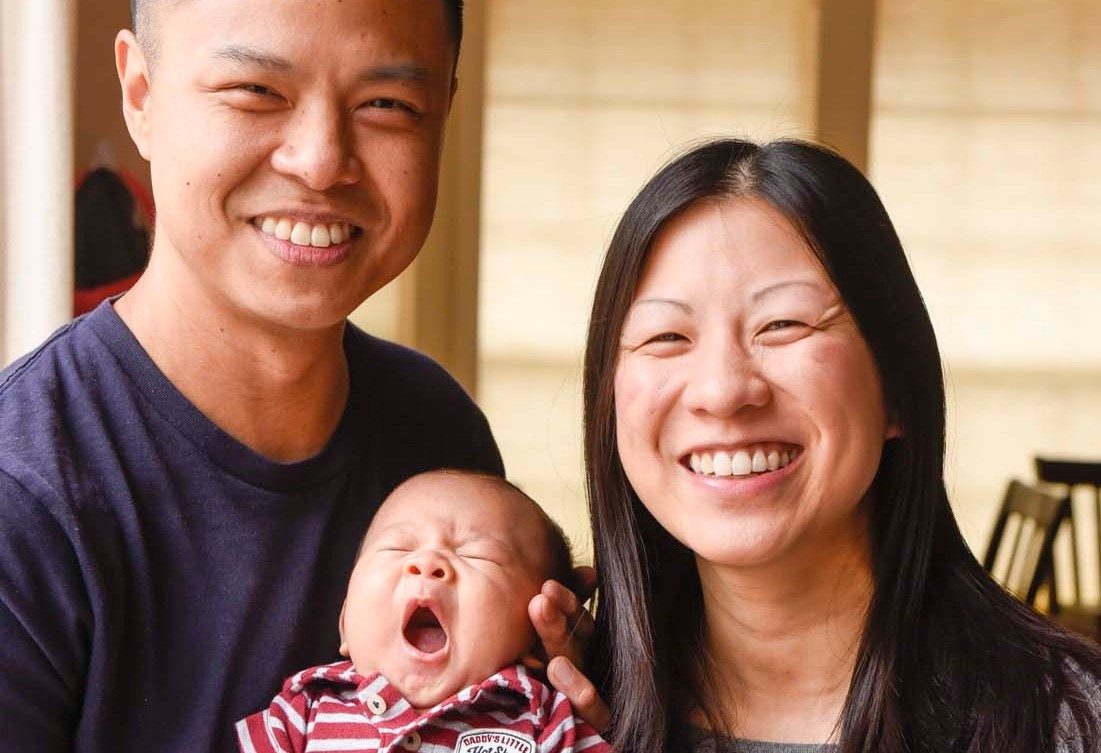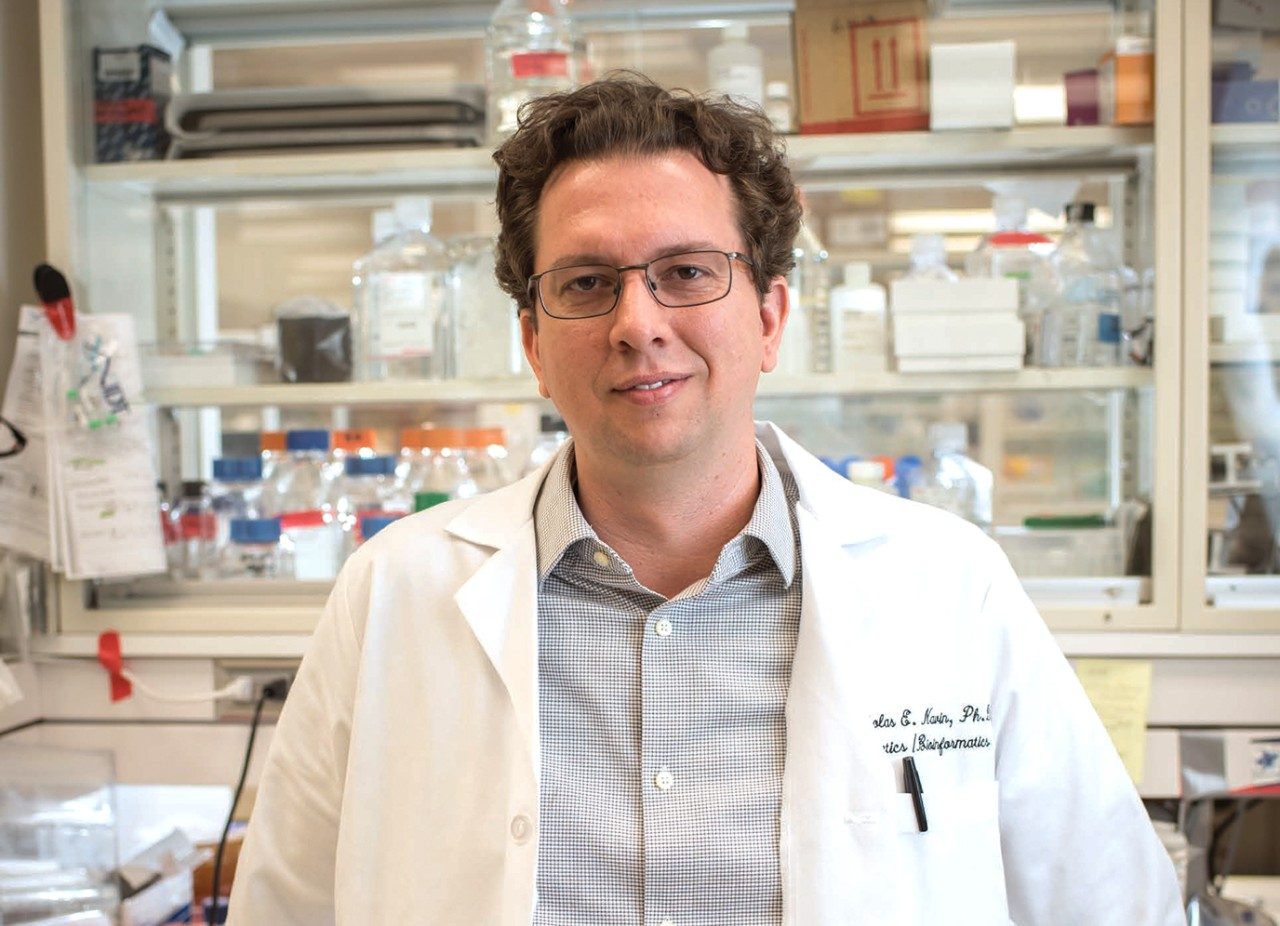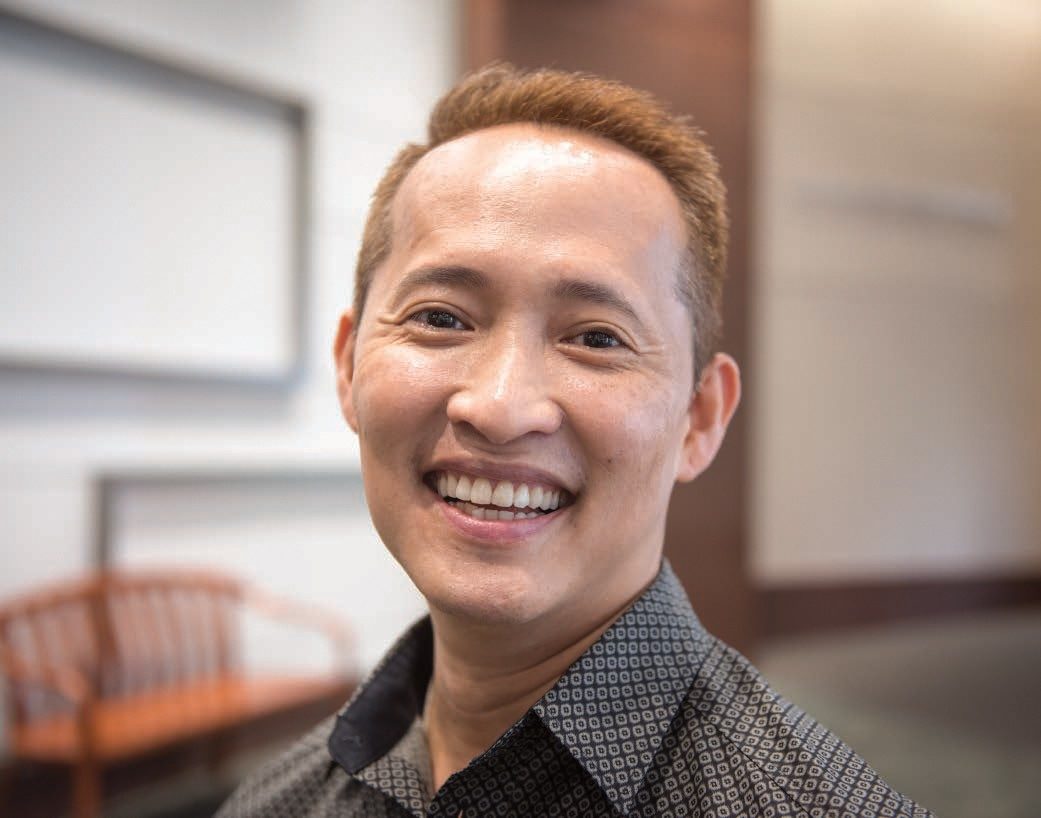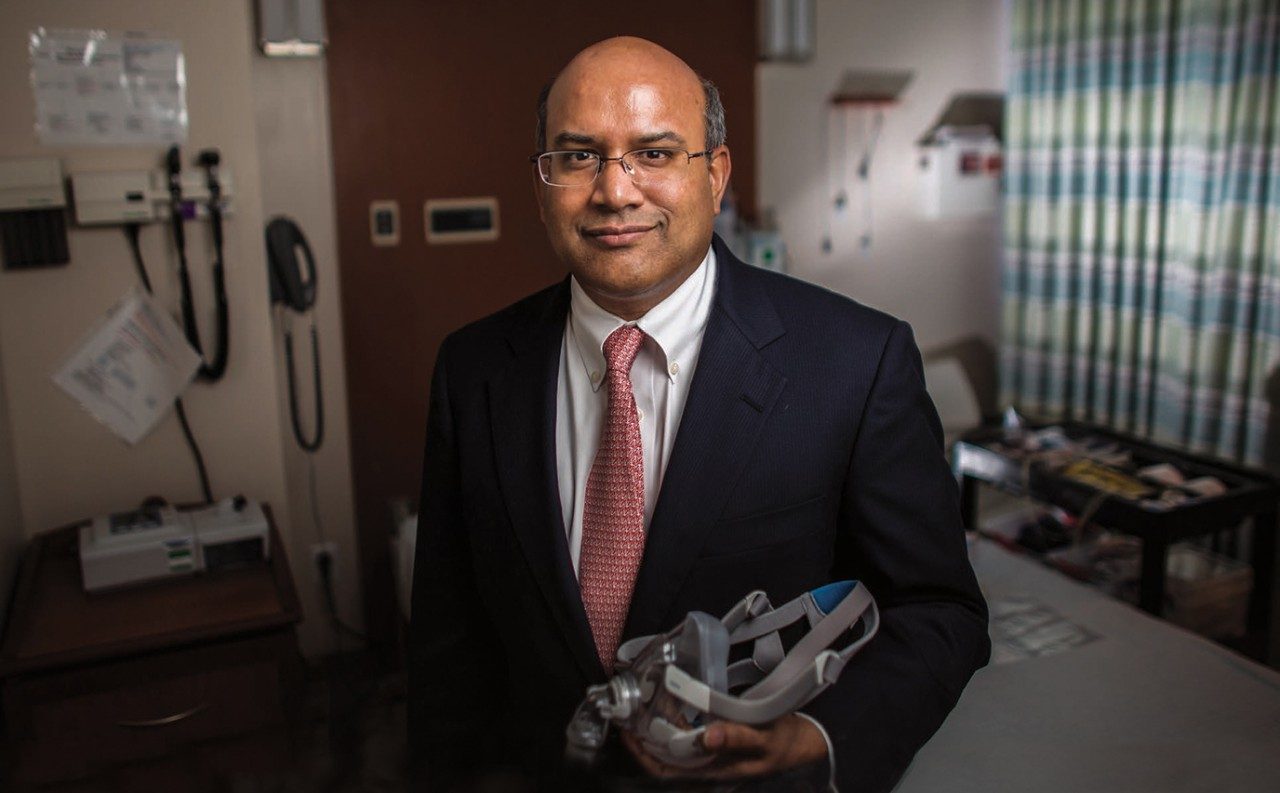Souped-up T cells are attacking cancer and restoring patients’ lives
Their immune system's responders are removed and re-engineered, enabling them to recognize and attack cancer
Photos by Nick de la Torre
Stuart, Florida, is a small town of 16,000, just north of Palm Beach. Known as “The Sailfish Capital of the World,” it’s the type of place one almost misses while gaping at the breathtaking views along the state’s Atlantic coast.
It’s a place resident and cancer survivor Jamie Galucci is very happy to be – back at home with her family and her job as a paralegal.
There was a time when Galucci didn’t think she would have many more chances to enjoy the magnificent Atlantic Ocean sunrises.
In 2015, at age 27, she was diagnosed with a very aggressive form of diffuse large B-cell lymphoma.
Today she’s in full remission and healthy, thanks to the exciting new therapy known as CAR T-cell therapy. With CAR T, T cells are separated out during a blood draw, then re-engineered to produce receptors called chimeric antigen receptors (CAR) on the cell surface. The receptors give T cells the ability to recognize and kill cancer cells once they’re infused back into the patient.
Galucci initially was treated in Florida with chemotherapy, which successfully reduced the tumor mass but did not kill the cancer. After researching treatment online, she sought a second opinion at MD Anderson, whereJason Westin, M.D., assistant professor of Lymphoma and Myeloma, recommended getting Galucci into remission so she could ultimately undergo a stem cell transplant.
Under Westin’s guidance, she returned to Florida for more chemo, then came back toMD Andersonwhere she received some disappointing news: Not only was she not in remission, but her cancer was growing. Plans for a stem cell transplant were scrapped, and Galucci instead prepared to undergo concurrent chemo and radiation at MD Anderson.
There was a six-day waiting period before treatment would begin, so she traveled home to save money and spend time with her family. While there, she received a phone call that would forever change her life.

“I learned I had been moved to the top of the list as a participant in a new CAR T clinical trial atMD Anderson,” she says.
“I was very nervous because I knew there could be many side effects, some potentially deadly, but I felt I had no choice.”
Galucci, the youngest patient to participate in the trial overseen bySattva Neelapu, M.D., professor of Lymphoma and Myeloma, began her treatment in November 2015. Patients in the study were treated with Yescarta, which are T cells genetically modified to recognize a protein called CD-19 on the surface of cancerous B cells. After the requisite chemotherapy treatments, she was infused with her own altered T cells. Although she did have some serious complications, including coma, neurotoxicity and seizures, she pulled through and on Dec. 29, was informed she was in remission.
More than two years later, she remains in remission.
“I have bounced back without any major residual side effects or issues since approximately March 2016,” Galucci says.
“I am living proof that immunotherapy is successful and groundbreaking.”
In October 2017, almost two years after Galucci received CAR T-cell therapy atMD Anderson, the FDA approved Yescarta for use in diffuse large B-cell lymphoma.
Weighing the options
A little over three years ago, Tomas Sandoval, then 39, was awaiting the birth of his second child when he was diagnosed with non-Hodgkin’s lymphoma. Sandoval underwent a stem cell transplant at MD Anderson, and the treatment kept the disease at bay.
However, six months later, the cancer returned and progressed rapidly to stage IV.
“I had a large chest mass and few options left when I joined the CAR T clinical trial atMD Anderson,” says Sandoval, who lives in College Station, Texas. “It was a really tough time, but CAR T saved my life.”
Within a week of infusion, Sandoval’s mass was gone, and within three weeks he was declared in remission. Although he had heard CAR T could have serious side effects, his were relatively minor.
Sandoval has been back at work since 2015 and grateful to be watching his children grow up.
Back to bass fishing
When Jimmy Boyd wasn’t at his job as a warehouse manager in Haughton, Louisiana, a small town near Shreveport, he likely was out at his lake house fishing with his three children or one of his eight grandchildren.
But in March 2016, Boyd was diagnosed with non-Hodgkin’s lymphoma. After a year of chemotherapy and radiation at a hospital in Shreveport, the cancer wasn’t responding and Boyd was recommended for MD Anderson’s CAR T trial.
Following six months on the waiting list, Boyd received CAR T therapy in July 2017. Just over a month later, PET scans revealed he was in remission. Boyd is still in remission today, and he’s back at the lake house where he casts for large-mouth bass and builds memories with his grandchildren.
“I really had very few side effects, other than some fever and confusion,” says the 68-year-old Boyd. “I still come back toMD Andersonevery three months for a PET scan, and am not quite at the point where I can do strenuous activities like I used to. But Dr. Neelapu says that will just take time.”











